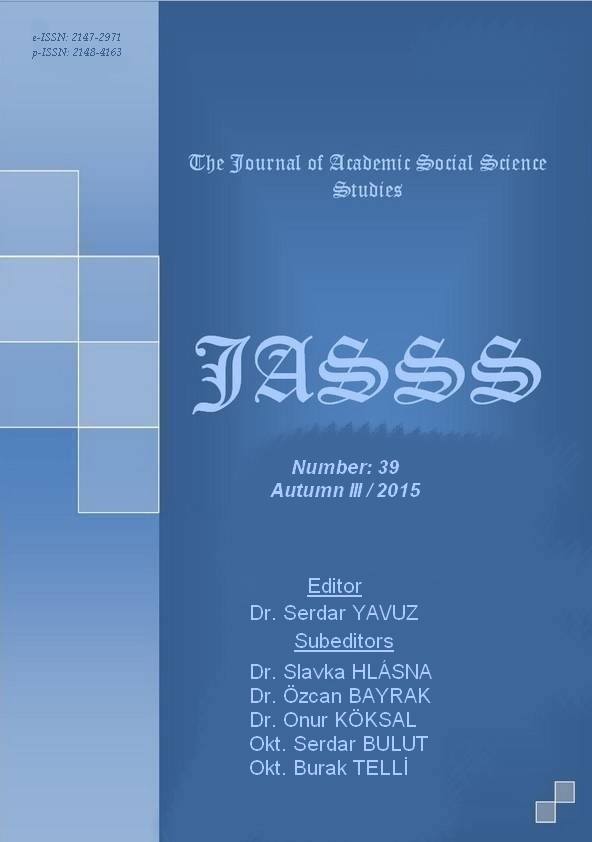Author :
Abstract
Kötü firmaların, bütün dinlerce ve toplumun büyük bir kesimi tarafından kabul görmeyen ürün ve hizmetleri üretmesi, bu firmaların nakit akışlarını olumsuz yönde etkiler. Buna nedenle; kötü firmaların hisseleri (günahkâr hisseler), hem yatırımcılar tarafından daha az dikkate alınır hem de daha yüksek bir dava riskine sahip olur. Bu tür risklerin varlığı nedeniyle de günahkâr hisselere yapılan yatırımlardan istenen getirilerin daha yüksek olması gerekir. Literatürde yer bulan çalışmalar; günahkâr hisselerin, piyasanın üstünde bir getiriye sahip olduğunu ortaya koymaktadır. Bu çalışmada, literatürdeki çalışmaların aksine, sadece İslam dinine sahip topluluklarda “kötü” ve “günah” olarak kabul edilen faaliyetlerde bulunan (faizle uğraşan) firmaların hisse getirileri (haram hisselerin getirileri) analiz edilmektedir. Bu çalışmanın temel amacı; Müslüman ülke borsalarında işlem gören haram hisselerin getiri performanslarını analiz etmek ve Müslüman ülkelerdeki mezhepsel farklılıkların, haram hisselerin getirileri üzerindeki etkisini incelemektir. Bu amaç doğrultusunda; çalışmada, sekiz Müslüman ülke borsasında işlem gören 63 haram ve 32 haram olmayan hisse senedinin 2000-2014 yılları arasındaki günlük hisse fiyatları veri olarak kullanılmaktadır. Jensen’s alpha yöntemi kullanılarak yapılan analizlerin sonucunda; haram hisselerin, haram olmayan hisselerden daha fazla riske göre düzeltilmiş anormal getiri sağladığı, Şii ve Sünni ülkelerdeki haram hisselerin riske göre düzeltilmiş anormal getirileri arasında istatistiki açıdan anlamlı bir fark bulunduğu ve bu farkın Sünni ülkelerdeki haram hisseler lehine olduğu ortaya konulmaktadır.
Keywords
Abstract
When bad firms produce things and services that aren’t accepted by all religions and the majority of the society, their cash flows are affected in a negative way. Thus, the stocks of bad firms (sin stocks) both are attracted less by investors and have a higher litigation risk. Since such risks exist, the returns expected from these sin stocks must be higher. The studies in this field show that the sin stocks have higher returns than the market. In this study, contrary to the related studies, only the stock returns of firms that deal with “bad” or “sinful” activities in the Islamic societies are analyzed. The aim of this study is to analyse the return performances of ill-gotten stocks traded at the Islamic countries’ stock markets and to analyse the effect of sect differences in the Islamic countries on ill-gotten stock returns. With this purpose in this study, the daily stock prices of 63 ill-gotten and 32 not ill-gotten stocks that are selected from eight Islamic countries’ markets between 2000 and 2014 are used as data. The results of the analyses that were made by utilizing Jensen’s Alpha show that the ill-gotten stocks brought more risk-adjusted excess returns, compared to not ill-gotten stocks and there was a statistical significant difference between the excess returns of Shia and Sunni countries’ ill-gotten stocks and this difference was in favour of the ill-gotten stocks of Sunni countries.
